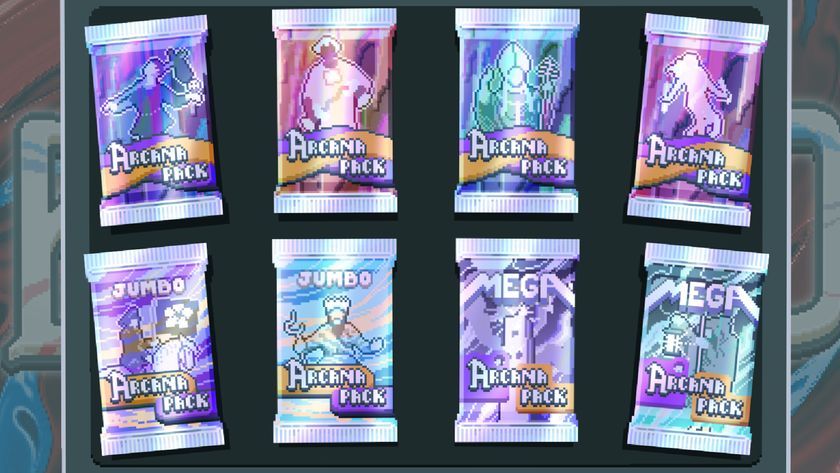"It's a golden age of expression in video games": How a new wave of creative talent is changing the way that we play
BAFTA's Breakthrough Brits for 2019 reveal how the British Games Industry is driving a new wave of creativity in gaming
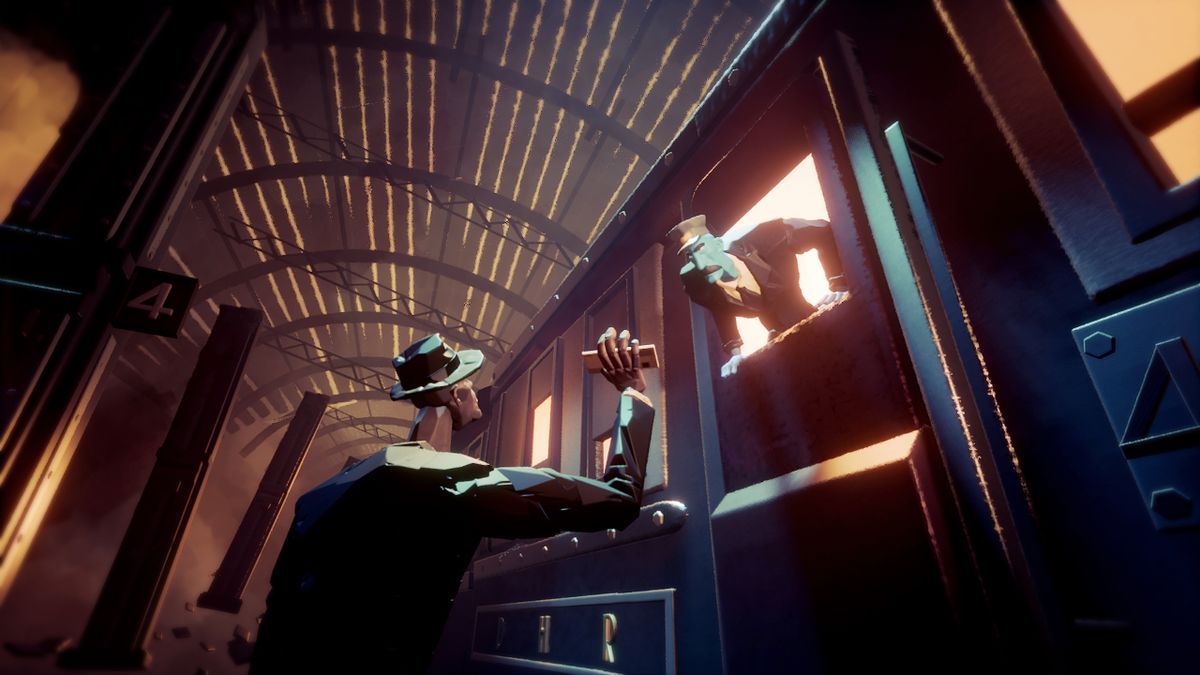
BAFTA's Breakthrough Brits for 2019 have been announced today, in partnership with Netflix: the prestigious new talent scheme supports the next generation of creative talent in games, film and TV in the UK, with supporters in recent years including actors Olivia Colman and Brad Pitt, and legendary games designers Brenda Romero and Tim Schafer. Now, the newest crop of video games talent to be honoured by BAFTA has revealed to 12DOVE how they are pushing boundaries in games – and what that means we'll be playing in the near future.
It is Britain's wealth of flourishing indie studios which has planted the seed for a greater variety of games than ever before, reveal this year's winners. "They're like dandelions: When one studio springs up, and then people leave that studio, they found their own ones in the surrounding area, and you see these clusters slowly spreading in areas of game development," says Liam de Valmency, a senior principal programmer at Media Molecule. "That's led to a lot of opportunity. No matter what you want to be working on, there's probably a studio doing it somewhere."
Liam de Valmency is one of BAFTA's Breakthrough Brits of 2019 for his work on Dreams, the 2019 genre-pushing PS4 game that allows players to create their own video games. "With that range of things being made, the thing that a lot of people are now focusing on is not necessarily, 'What haven't other people made?', what they're focusing on is, 'What would I really love to make?'".
Echoing the way that Dreams gives players the tools to create their own art, so too can the explosion of indie creativity today be traced to being more accessible than ever, Valmency explains, "It's about learning the craft rather than learning the UI and the buttons."
A new wave of creativity

That's something that fellow 2019 BAFTA Breakthrough Brit winner, Chris Cox, art director on award-winning mobile action game Ordia, can attest to: "If you want to you can make a game, you can just download Twine or Unity and get going really quickly. That's why we've had more expressive games and the indie scene coming through."
"And games don't have to look super polished," adds Cox, noting that as our appreciation of what games can be shifts, as too does our appreciation of a range of visual styles. "The AAA mentality of what games should look like – highly rendered realism – that, to me, is going away rapidly, and you can see that in a lot of games that have been popular recently, like Return of the Obra Dinn."
Not only do these games look gorgeous in their own right, but their uncomplicated design means they can be made by smaller, decidedly independent teams – a style of working that allows designers the freedom to play and experiment. Cox believes that we can expect to be playing games with simple-yet-stylised art work for a while to come, and that the industry will be all the better because of it. "There's a big movement towards minimalism in art direction – for example, in the design of stuff like What The Golf? and Untitled Goose Game. They are all flat colour with minimal palettes. There's a minimalism wave that's happening."
Sign up to the 12DOVE Newsletter
Weekly digests, tales from the communities you love, and more
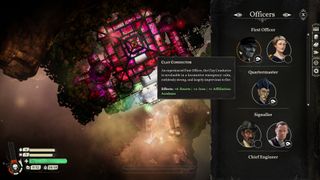
"I think there's a huge change in the kind of stories that we're trying to tell"
Lesleyann White
The UK's indie community, in its dandelion patches across the country, is a hotbed for creativity, says Gemma Langford, a winner of this year's BAFTA Breakthrough Brits thanks to her work on Overcooked 2, writing the story and dialogue for the award-winning and beloved co-op cooking game at Manchester-based Ghost Town Games. "The Manchester indies are such a beautiful community. We go over to other people's studios and test their games they test ours. For creativity, communication and sharing, it's just fertile soil," explains Langford. "Everything is better when it's not made in an incubator."
This community-ethos developing all over the UK also lends itself to an increase in the variety of stories future games can tell. One such welcome effect of that, is an increase in diversity, explains Lesleyann White, who has been named as one of BAFTA's 2019 Breakthrough Brits for her work as senior quality analyst on the multi-award winning indie RPG Sunless Skies.
"Especially in the indie scene, there's a big push to be more inclusive, to make games that are not from the perspective of a white cis male," says White, "I think there's a huge change in the kind of stories that we're trying to tell and part of that is being driven by an acknowledgement of the lack of diversity, and also because we are starting to get more women in games and more people of colour, and more people have varied sexualities and genders. Those stories are starting to seep into those experiences we're trying to give people."
It's something we'll continue to see in the games we'll be playing in the years to come, says White, who explains that, "a little bit at a time, I am seeing this gradual shift towards those more diverse stories that we're telling. We want to tell stories from every perspective."
A range of stories and perspectives

That range of stories and perspectives to be told by the British games industry can only increase in coming years. "What I found most exciting that's changing in games is risk," says Langford on the rise of indies shaping the future of game narratives. "It's easier to take greater artistic risks when indie games come with a smaller price tag."
Langford cites critically acclaimed narrative-driven games What Remains of Edith Finch and Gone Home as influences and big examples of this shifting trend in the industry towards experimentalism and fresh perspectives on familiar topics. "Strange stories with interesting voices are being told now that we haven't heard before. We're empowered to do more interesting things because people have come before us who have taken those steps. It's such an exciting time to be a writer in games."
Today's game developers being able to take more risks in storytelling, means we can expect more rich narratives to come. "There are a lot of weird worlds that are coming!" says Langford, of the games she and her peers are working on for the future.
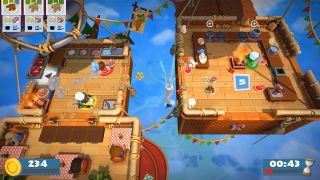
"When weirdos, put those little creepy bits of themselves into their games, that's my jam"
Gemma Langford
And as players, we're set to embrace those weird worlds more than ever before. "When weirdos put themselves out there – and I'm saying this as a massive weirdo, myself," laughs Langford. "When weirdos, put those little creepy bits of themselves into their games, that's my jam."
"I think more people are getting that confidence that you don't have to be try and be cool. No one's cool," Langford continues. "And even if those AAA games are really cool, we're indie, we're weird! For me artistically, that's where I get excited."
"There's a willingness to make something that doesn't have to be, cool," adds Cox, (whose work on Ordia won it an Apple Design award at this year's WWDC – which is, admittedly, pretty cool), "Instead, at face value it can be expressive, it can be funny. I think at the core of the British game industry is being able to make fun of yourself a little bit, and then the expression of ideas can be really rich and diverse because of that. The pressure not to be cool is very liberating."
"I would never have imagined I'd be playing a game where I'm running around as a goose. That's fantastic," Cox says. "The AAA games will always be there, but what I think is really fantastic and important is that the genres can start to blur. And so for players, it's a really exciting time. To me, it's a golden age of expression in video games."
Bringing players together
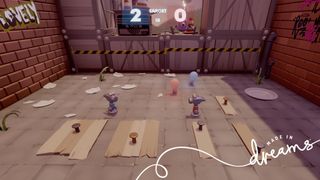
While we are seeing much of that expression reflected on the smaller-scale of development, that doesn't mean that the games coming out of this new wave are casting anything but a big shadow. In fact, it's the local co-op games – even in spite of online experiences being deeper entrenched in our lives than ever before – that are having some of the biggest impacts on players, and that's not going away anytime soon. "There are definitely a lot more co-operative games coming," Overcooked 2's Langford reaffirms, based on her experience in the industry right now. "That really excites me."
When Media Molecule's Liam de Valmency isn't programming Dreams, he organises Game Jams and makes more games in his spare time – expressing his creativity through the lens of co-op driven games. "I tend to make local multiplayer party games. I'm really excited by the notion of games that you can just sit down on the sofa and have fun with your friends," Valmency tells me. "That old thing of sitting in front of the N64, where you need to look at each others screens, gives you these dynamics you don't get when you're playing online, where you're just sort of yelling at each other. I really love that."

What's it like to make a game in two days? We attended a local game jam to find out just how challenging (and rewarding) it is to make a game on a tight deadline.
Langford has a theory on why we can expect to be playing more nostalgic, local multiplayer in the future, and it should give you a good sense on the direction that the industry is heading. "My sister's a social worker," Langford tells me, explaining that the new crop of co-op games arriving out of the indie scene are a remedy of sorts in this world. "She talks a lot about chronic loneliness, and I think a lot of people are lonely at the moment. As amazing as the whole online world is. I think a little muscle has shrunk in human beings – that cooperation, the communication between other people. What's great about these games is you see them working out that muscle again. It feels good to have that raw communication and fun. Everyone yelling, and barging each other, and needing snacks," she says, adding, "It's weird times we live in, and if more people want to have fun and exercise those friendship muscles, I think it bodes well."
From what the BAFTA Breakthrough Brits winners of 2019 are working on, it seems like the games we'll be playing in the not-so-distant future will be strange, and personal and diverse, mundane yet weird, thriving on communities, and friendship, and involve just a bit of yelling and shoving.
For more information on the work that BAFTA is doing to support the UK games industry – and to check out all of the winners of the 2019 Breakthrough Brit awards – be sure to check out the official BAFTA website.
Rebecca (Bex) is a freelance journalist, presenter, and interviewer specialising in TV, movies, and games. Was once the Movies and Gaming Editor at MTV, Bex is now freelance, and has worked for the Guardian, NME, Cosmopolitan, GamesRadar, and more.
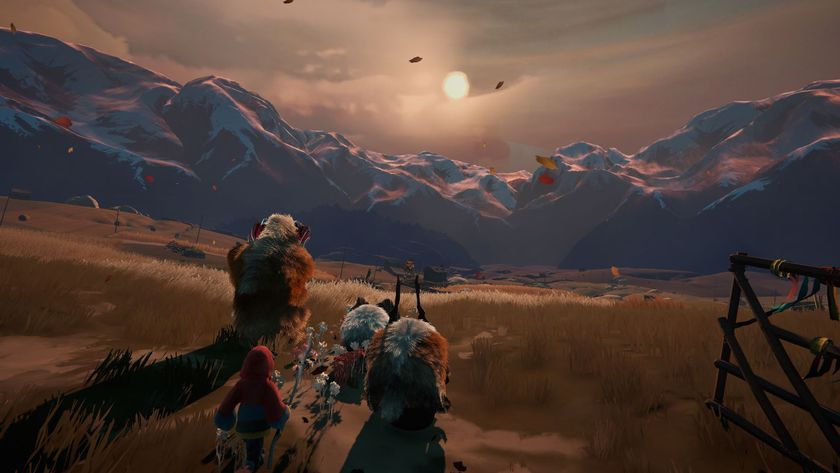
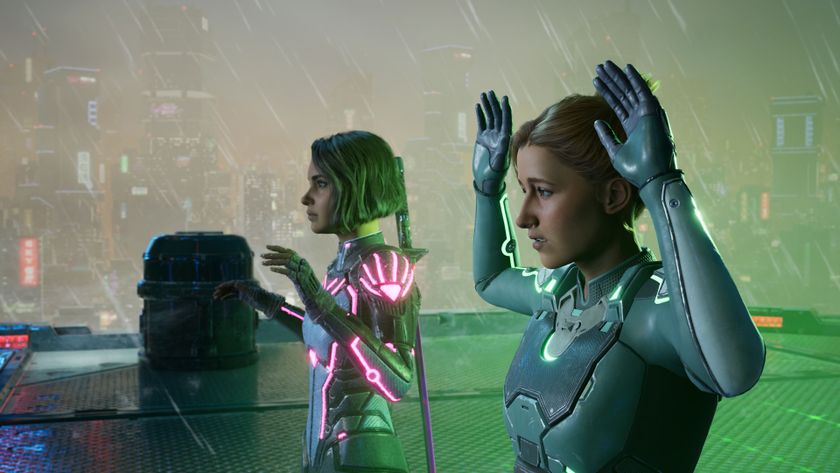
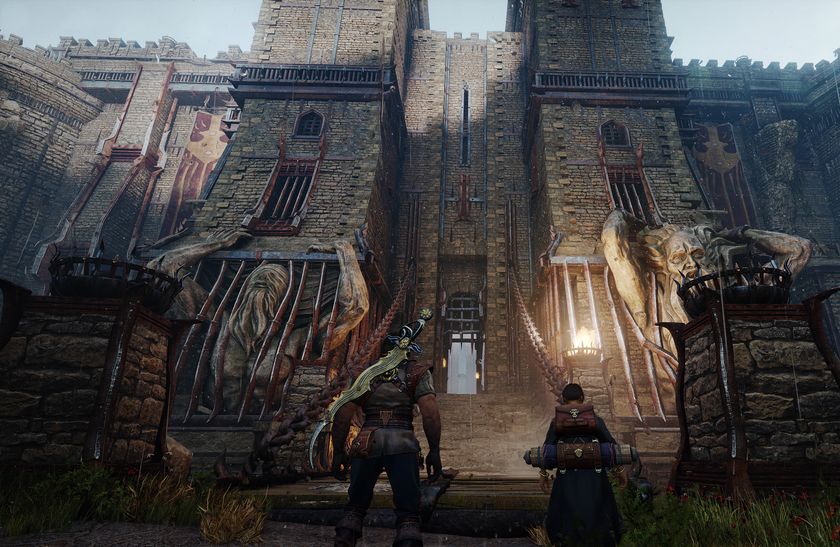
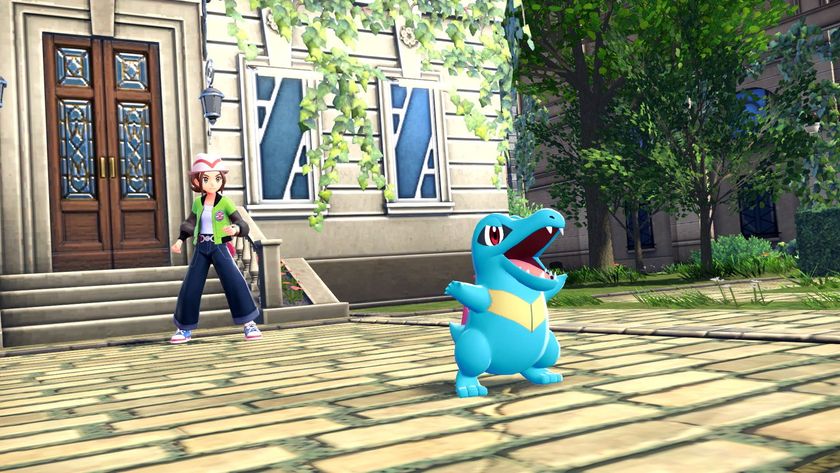
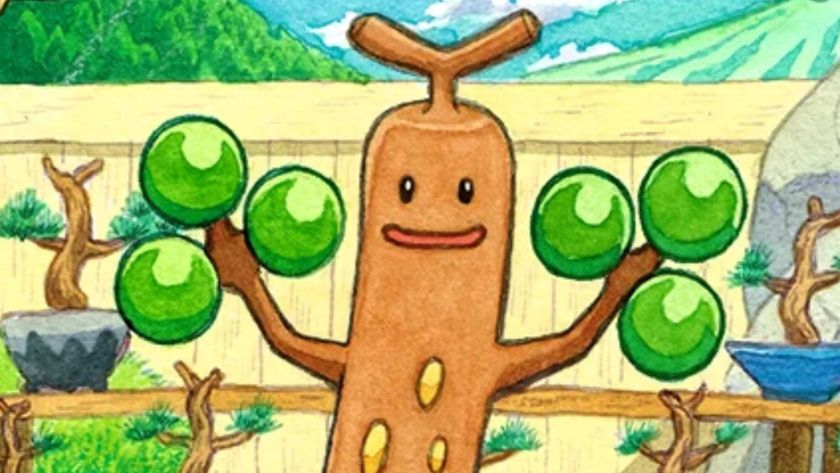
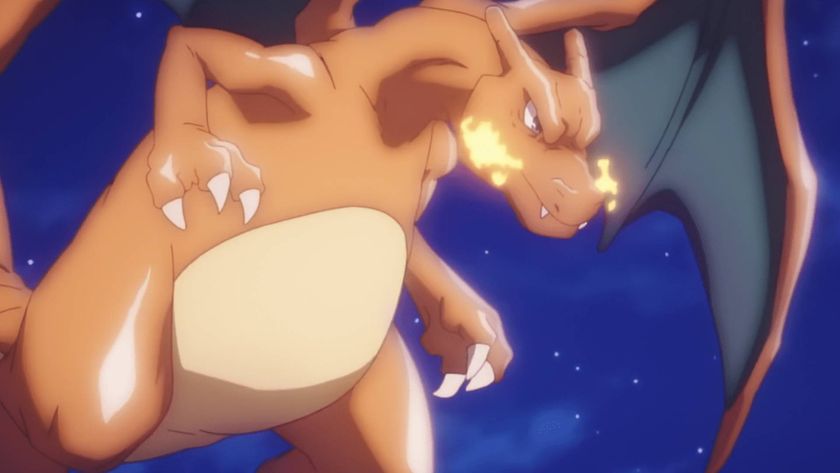

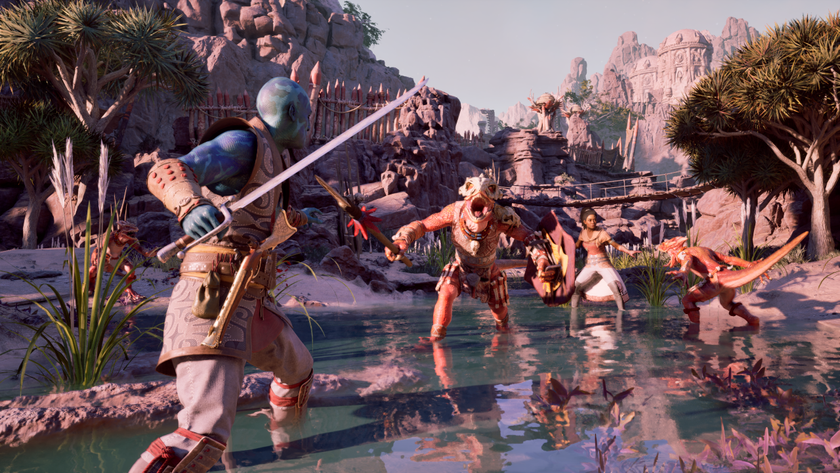

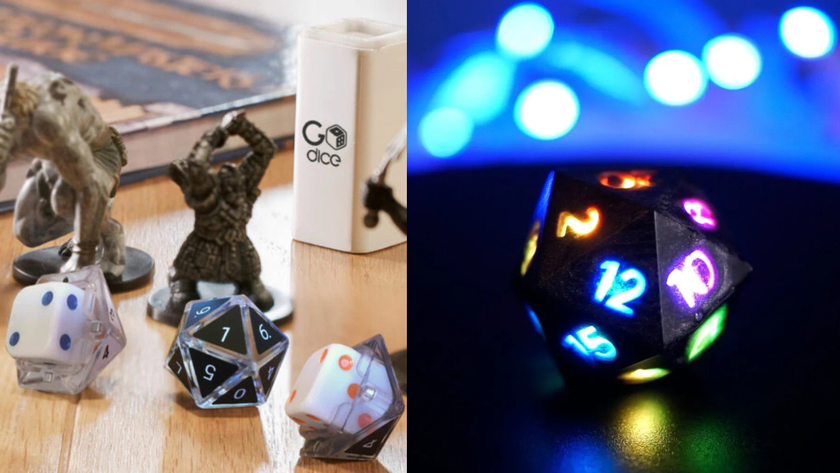
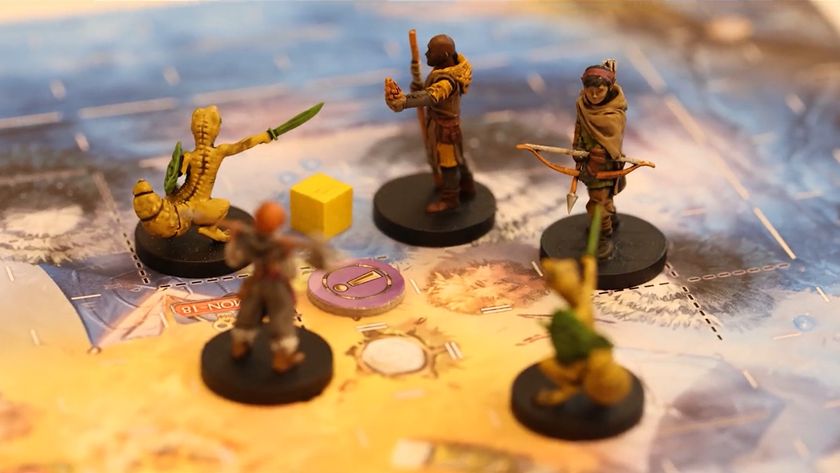


With 18,000 glowing Steam reviews on their lovely debut game, this indie team's game about leading cute fantasy yaks up a mountain is instantly one to watch

Blades of Fire plays like a lost Xbox 360-era mashup between God of War and Soulslikes, and it's coming from the studio behind Metroid Dread
